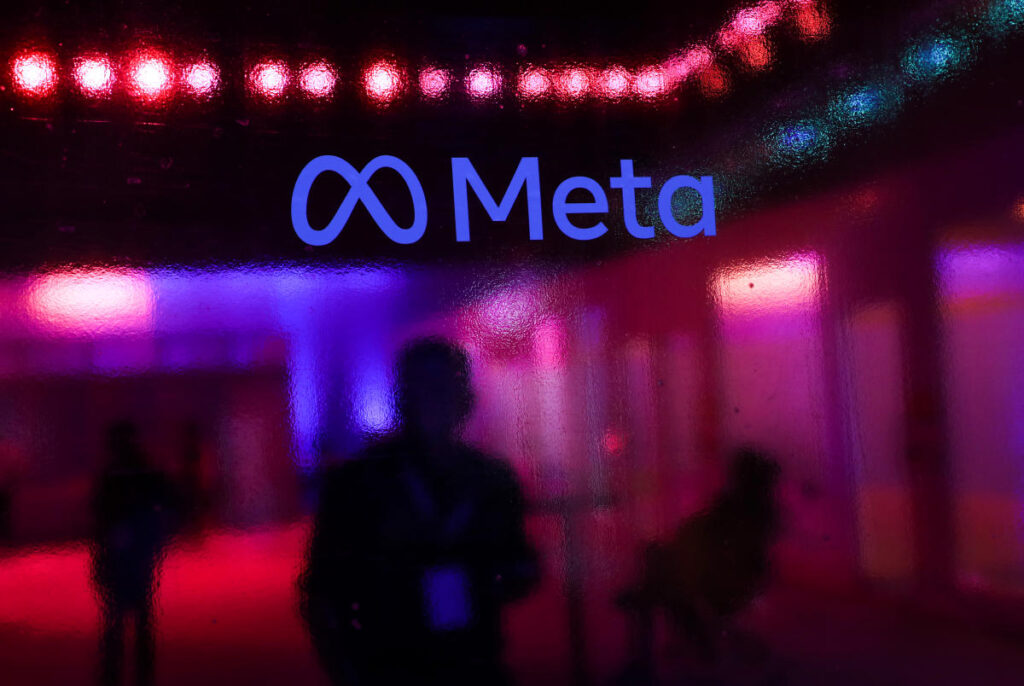Meta’s oversight board once again accepted the social network’s rules for artificial intelligence-generated content. The commission has heard two cases involving explicit images of public figures produced by artificial intelligence.
While Meta’s rules already prohibit nudity on Facebook and Instagram, the committee said in a statement that it wanted to address “whether Meta’s policies and its enforcement practices effectively address the issue of explicit images generated by artificial intelligence.” Artificial intelligence-generated images of female celebrities, politicians and other public figures, sometimes called “deepfake porn,” have become an increasingly prominent form of online harassment and sparked a wave. As with both cases, the Oversight Board could push Meta to adopt new rules to address this type of harassment on its platform.
The oversight board said it was not naming the two public figures in each case to avoid further harassment, but it described the specific circumstances of each post.
One of the cases involved an Instagram post showing an AI-generated image of a naked Indian woman, posted by an account that “only shares AI-generated images of Indian women.” The post was reported to Meta, but the report was closed after 48 hours because it was not reviewed. The user appealed the decision, but the appeal was also closed and never reviewed. Meta eventually removed the post after the user appealed to the oversight board and the board agreed to take up the case.
The second case involved a Facebook post in a group dedicated to the art of artificial intelligence. The post showed “an artificial intelligence-generated image of a naked woman and a man groping her breasts.” The woman is described as “an American public figure” and her name appears in the post’s caption. The post was automatically removed because it had been reported before and Meta’s internal systems were able to match it to an earlier post. The user appealed the removal decision, but the appeal was “automatically closed.” The user subsequently appealed to the Oversight Board, which agreed to consider the case.
Helle Thorning-Schmidt, co-chair of the Oversight Committee, said in a statement that the committee considered two cases from different countries to assess potential differences in the way Meta’s policies are implemented. “We know that in some markets and languages, Meta is faster and more effective at moderating content than others,” Thorning-Schmidt said. “Through a case in the United States and India, we want to understand whether Meta protects all women around the world in a fair way.”
The Oversight Board is seeking public comment over the next two weeks and will publish its decision, along with Meta’s policy recommendations, in the coming weeks. Recently, a similar process involving misleadingly edited videos led to Meta agreeing to offer more AI-generated content on its platform.
